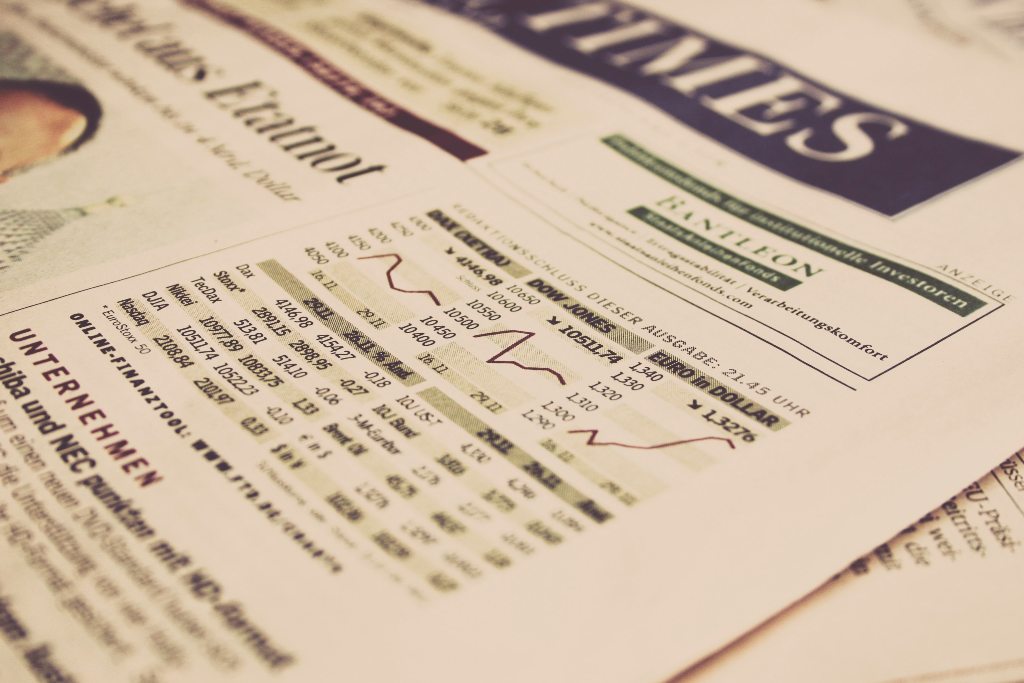
The world economy is officially in a recession, no thanks to the COVID 19 pandemic. Global stock markets are taking a massive beating, and equities have lost billions of dollars in market value.
Undoubtedly, a lot of investors are running scared. But for those with an eye for opportunity, it is a good time to ride the long-term market wave – Warren Buffet style and emerge at the end, a winner.
Developing a recession-proof investment plan that is capable of withstanding economic downturns and global disasters, while at the same time providing considerable returns and boosting the value of your investment portfolio is essential.
In this article, we will outline a few tips that can help you identify and develop your own recession-proof investment plan.
Table of Contents
Have a long term investment plan
Hint: long term investment strategy is key to developing a recession-proof investment plan.
The 2009 global recession exposed two types of investors.
- Investors who panicked and sold their stocks at very low prices in a desperate attempt to minimize the losses to their portfolios, and
- Investors who held onto their stocks and saw their assets regain value through the recovery that followed.
The first group of investors had no long-term strategy, and thus they suffered horrendous losses during the ‘great recession’.
The second group was investors who understood the long-term benefits of holding onto an asset. They ultimately recouped their short-term losses and eventually watched as their stock increased in value. In essence, those investors had a recession-proof investment plan and reaped the rewards.
Investing in stocks and equities that can defy volatile market conditions to return strong earnings requires the ability to pick stocks with an eye for future growth.

Making your investment decisions based on market trends and popular sentiments can have a huge negative impact on the future value of your portfolio. TV talking heads rarely get their markets forecast right, and mass-market trends have a spectacular way of backfiring – just think about all those Tesla shorts.
Why choose recession-proof stocks
Hint: recession-proof stocks are mostly in the retail, healthcare, defense, and utility sectors. They are low risk/earners but have consistent overall growth.
Recession-proof stocks minimize the negative effect of a downward market trend on your investment portfolio. And since recession-proof stocks can experience growth in value even during an economic downturn, they offer a better long-term return ratio.
Perhaps the best advantage of recession-proof stocks is their ability to provide reasonable dividends during periods of economic uncertainty, generating a regular passive income for investors.
Identifying recession-proof stocks
Hint: companies that produce and sell consumer necessities, and perform crucial repair duties and services.
Predicting a recession, or how long it will last is not an effective investment strategy. However,
experienced investors can accurately identify stocks of companies that offer the best protection from the market volatility accompanying economic depressions.
Companies struggling with serious cash flow issues, and overleveraged companies with huge debts may not have enough cash to survive a major recession and will likely to go under.
Recession-proof companies continue to generate steady revenue or may even grow their net income regardless of the economic situation.
Examples of recession-proof stocks
Companies producing and selling consumer essentials
Stocks of the following companies offering household products and consumer goods and
services are considered good examples.
- Grocery chains and mega-retailers.
- Cosmetic companies.
- Liquor and alcoholic beverage companies.
These companies provide products such as shampoo, toothpaste, and detergents that households are least likely to cut out of the family budget, even when incomes are reduced.
Pharmaceutical and healthcare companies
These companies benefit from reasonably inelastic demand for their products. Healthcare is essential, prescriptions must be filled out and patients treated at hospitals regardless of economic conditions.
Patients demand medications such as insulin and hormone suppression pills remain at the same level irrespective of their prices.
Utilities and essential services companies
Energy and waste disposal companies are reasonably well insulated against economic slumps.
The public will continue to generate waste and plug into the power grid irrespective of the economic condition.
Government contractors
Stocks of defense companies and major government contractors are generally stable during recessions. These companies also benefit from stimulus packages designed to spur economic growth and are least likely to suffer spending cuts during a recession.


